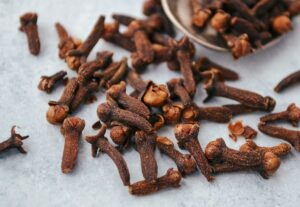Love Tea But It Upsets Your Stomach? Try These 3 Smart Tweaks to Make It Healthier, Not Harmful
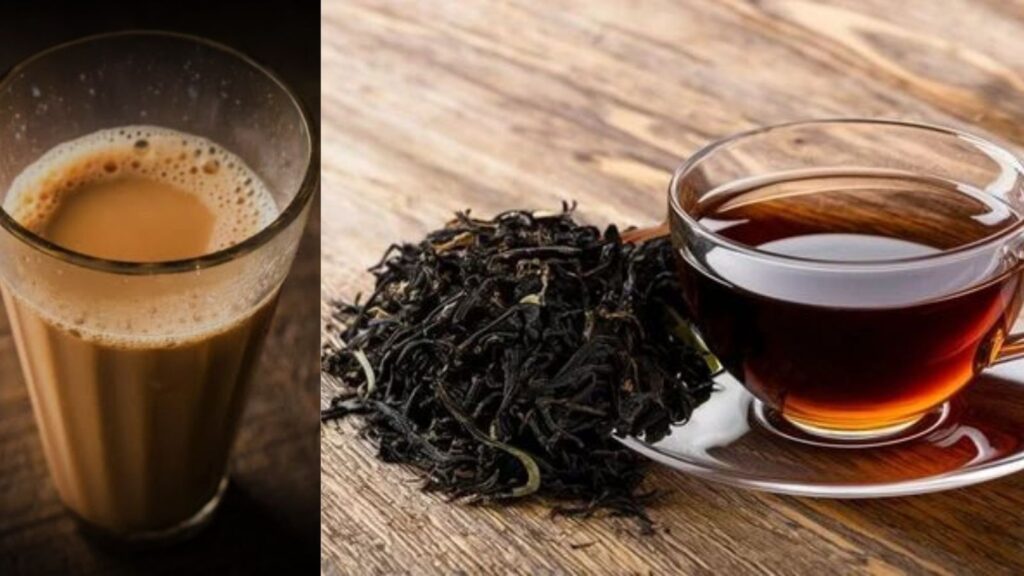
Love Tea But It Upsets Your Stomach? Try These 3 Smart Tweaks to Make It Healthier, Not Harmful
In many parts of the world—and especially in India—tea isn’t just a drink. It’s a ritual, a comfort, and sometimes even a necessity to kickstart the day. That familiar aroma, the warmth of a steaming cup, and the way it seems to awaken the senses—tea is woven into our lives like a daily habit we don’t want to break.
But for some, that beloved cup of tea brings along an unwanted guest: gas, bloating, or acidity. If you’ve ever felt uneasy after your morning or evening chai, you’re not alone. The strong combination of ingredients in traditional tea can sometimes be harsh on the digestive system—especially when consumed on an empty stomach.
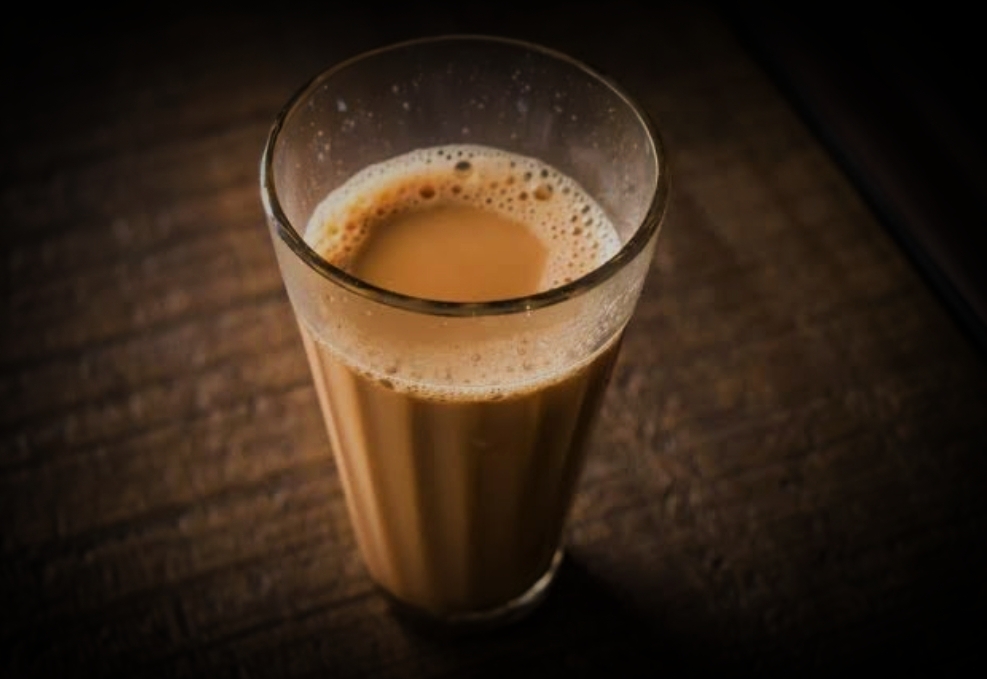
Still, giving up tea altogether? That’s easier said than done.
So instead of quitting your favorite drink, here’s how to transform the way you make it—so your tea is not just soothing, but actually supports your well-being.
1. Skip the Usual Tea Leaves
Conventional tea leaves—like those used in black or strong masala tea—contain caffeine and tannins, which may irritate the stomach lining if consumed in excess. These compounds can increase acid production, causing heartburn or gas, especially if you drink tea first thing in the morning.
Instead, try herbal alternatives that are gentler on digestion. Options like ginger, peppermint, chamomile, lemongrass, or hibiscus not only provide a refreshing flavor but also offer anti-inflammatory and calming benefits. You’ll still enjoy a flavorful brew—but without the harsh effects.
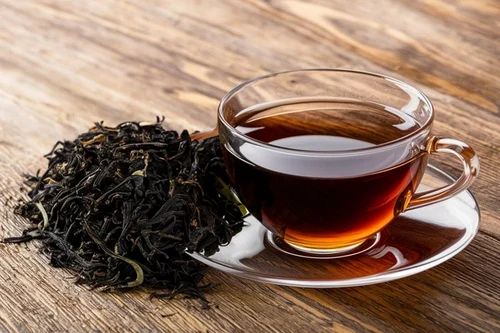
2. Leave Out the Milk
This one might be a little tough for hardcore milk tea fans, but it’s worth understanding why it matters. The combo of milk and caffeine-rich tea can be difficult to digest for many people. Some studies suggest that milk proteins might bind to the antioxidants in tea, reducing their absorption.
If you enjoy dairy, you can absolutely have it—just try drinking it separately. Milk itself is rich in nutrients like calcium and protein, which are great for bone health and energy. But in tea, especially when paired with sugar and tea leaves, it can become a digestive hurdle.
Try brewing your tea with water only, and add a splash of almond or oat milk if you prefer a creamy touch without the heaviness of dairy.
3. Ditch the Sugar
A lot of us reach for sugar out of habit, but that spoonful (or two) can quietly contribute to long-term health issues. Regular sugar, when consumed without enough physical activity, may raise your risk of diabetes, weight gain, and poor metabolism.
If you enjoy sweet tea, consider natural alternatives like stevia, cinnamon, or even a bit of raw honey (just be sure not to add honey to boiling hot tea, as high heat can reduce its benefits). These swaps not only curb your sugar intake, but they add a unique flavor to your tea as well.
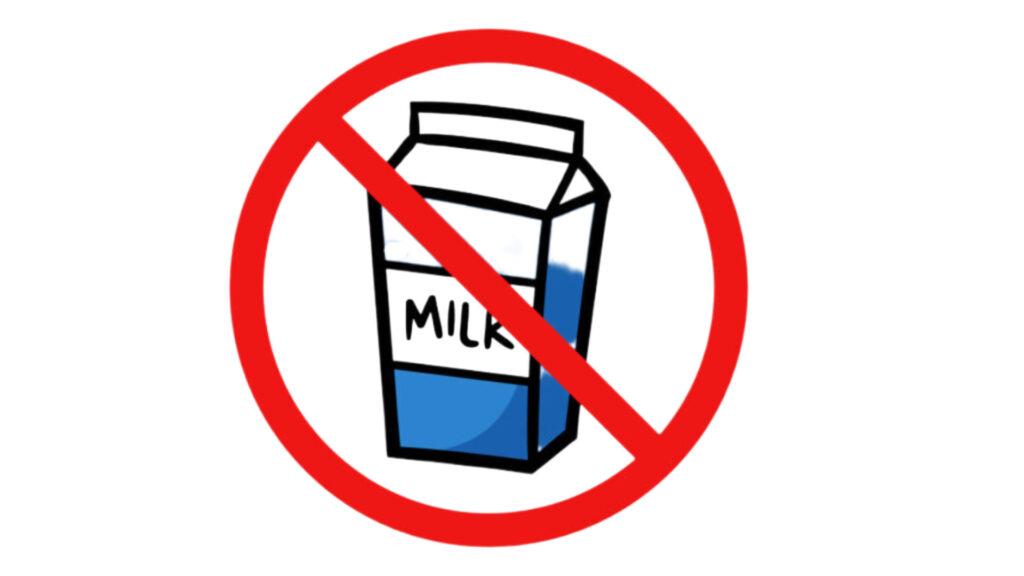
For Those Who Can’t Give Up Their Classic Chai
We get it—not everyone can jump on the herbal tea bandwagon. If you truly love your regular milk-sugar-tea combo, here’s a simple way to make it easier on your system: never drink tea on an empty stomach. Doing so can increase the risk of acid reflux and gas.
Instead, eat a few soaked almonds, walnuts, or a small snack before your first sip. This gives your stomach something to work with and reduces the chances of digestive issues.






